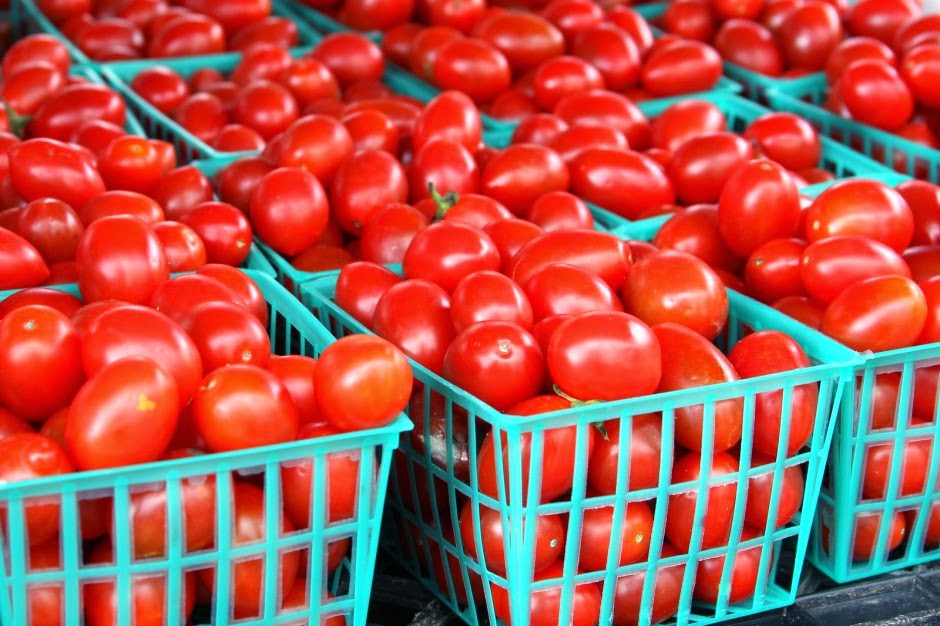Insecurity, cost of dollar-linked inputs, technology-light farming and insufficient rainfall is stoking food-price inflation in Nigeria.
According to the Consumer Price Index of the Nigerian Bureau of Statistics, food inflation jumped to 22.95% in March 2021 from 21.79% in February 2021. Nigerians may not track food price inflation, but they can feel it crushing their purchasing power.
Paul Bolaji tweeted: “Tomato is f**king expensive, a basket is now 24k.” Many are aware that the naira’s falling exchange rate is feeding inflation but are asking why the prices of food produced in Nigeria are rising.
A lawyer and farmer, Bisi Iyaniwura, tried to answer the “is yam also imported” question by listing farming inputs alongside their sharply risen prices. Arbiterz gathers that prices of some of these inputs have risen by as much as 30%, reflecting not only the increase in prices of imported inputs but also the rising cost of farm labour.
We spoke to some farmers to better understand the factors responsible for the rising prices of farm produce in Nigeria.
Ojebola Matthew, the CEO of Cibo Prima Farms, confirmed the higher cost of farm labour, “For instance, last year, to cultivate an acre of land in my own locality was N8,000, but now it is over N10,000. The exchange rate is also not friendly to the naira. There is a high cost of tractors’ spare parts, diesel is expensive, fuel is expensive, fertilizer is expensive.”
Also Read: Nigeria’s inflation problem and the ‘Gbatueyos’ at the CBN
He pointed out that farmers have to increase their prices to avoid making a loss. Ojebola cited bad weather as another driver of rising prices, “The weather has been so unpredictable. We have been experiencing less rainfall, and this has been happening since last year. Most farmers cannot afford irrigation systems so they rely on rains”. Less than 1% of Nigeria’s farmland is irrigated, compared to 4.6% in Cape Verde, 7.0% in Chile, 2.1% in Ethiopia and 38.1% in India.
Ojebola added that many farmers have abandoned their farms out of fear of being attacked or kidnapped, saying he lost 15 acres of cassava to herdsmen who invaded his farm with cattle last year. He said the attacks on farms and farmers are underreported. He has had to hire three men to guard his farm, an additional input he did not have to deal with in previous years.
Corroborating Ojebola’s claim, Akintobi Olanrewaju, the founder of Lanse Farms, stated: “Inflation has affected the prices of food commodities in the market because the cost of the things we use in growing food is rising fast. If we look at the change in the price of dollars, the cost of even renting a tractor, amongst other things, you will realise that it is normal we also increase the prices of farm produce.
Olanrenwaju explained that insecurity in Katsina, Zamfara, Benue, Nassarawa, Niger State and even some parts of Abujahas reduced Nigeria’s agriculture output. He estimated that about 6,000 hectares of land has been left uncultivated in Katsina due to insecurity. Olarenwaju also referred to the impact of unfavourable weather patterns on rising food prices, “last year, maize turned to popcorn in the soil because there was no rain. When you have five weeks without rainfall, all the plants that are still germinating will naturally dry off”.
Also Read: Nigeria’s inflation problem and the ‘Gbatueyos’ at the CBN
Nigerians spend 56.4% of their income on food, the highest in the world. The proportion for some other countries are- the United States of America (6.4%), United Kingdom (8.2%), Pakistan (40.9%), Cameroon (45.6%) and South Africa (37%).
